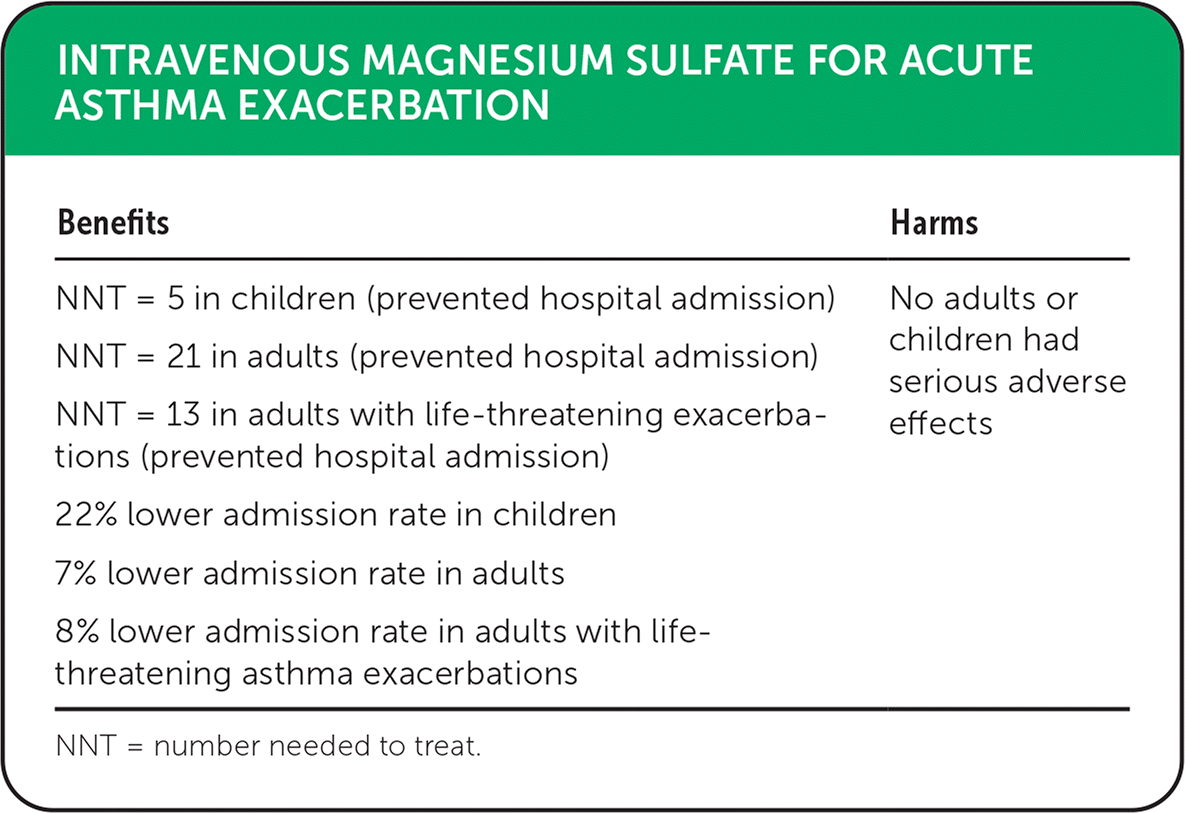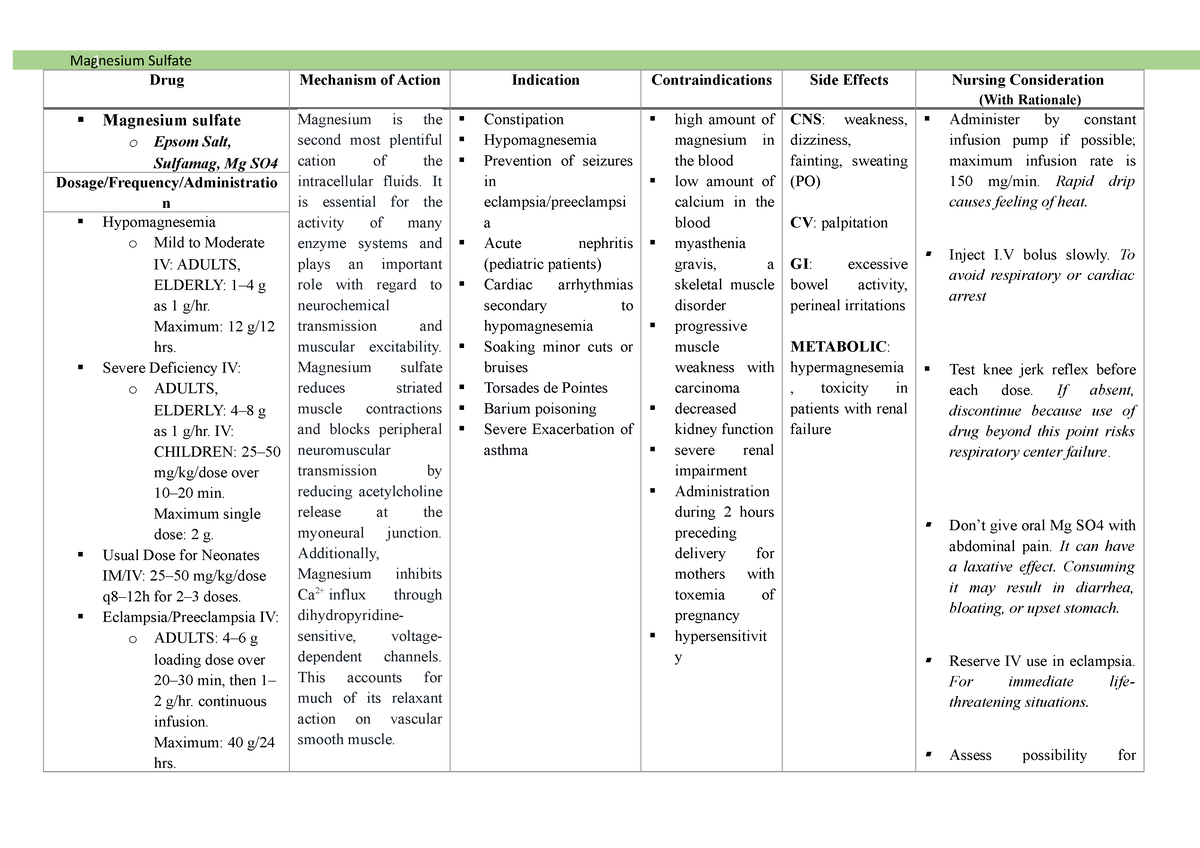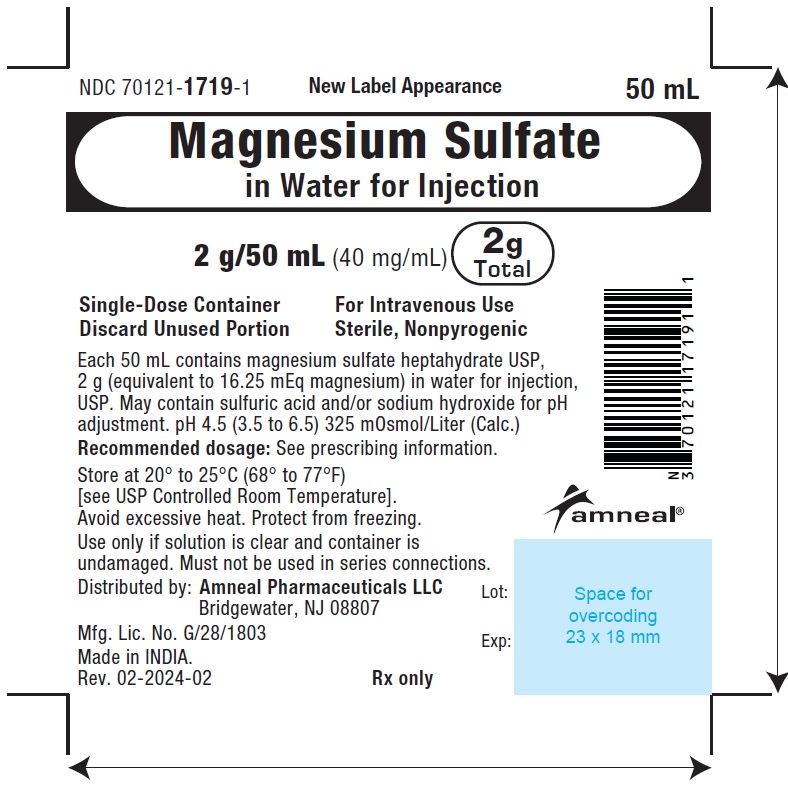Role Of Magnesium Sulphate In Preterm Labour Several randomised controlled trials RCTs have provided compelling evidence that MgSO 4 is the drug of choice for maternal seizure prophylaxis in pre eclampsia whether preterm or term
Antenatal administration of magnesium sulfate is an important part of the neuroprotective strategy for preterm infants Strong evidence from five randomized controlled trials and five meta analyses has demonstrated that magnesium sulfate when administered before preterm delivery significantly reduces the risk of cerebral palsy at This meta analysis synthesizes existing data on the effects of magnesium sulfate on preterm infants specifically the drug s neuroprotective and mortality related effects
Role Of Magnesium Sulphate In Preterm Labour

Role Of Magnesium Sulphate In Preterm Labour
https://5.imimg.com/data5/SELLER/Default/2023/3/293785936/ZQ/MZ/HA/34335346/magnesium-sulphate-granules-1000x1000.jpg

Agricultural Grade Magnesium Sulphate At Rs 30 kg Auto Nagar
https://5.imimg.com/data5/ANDROID/Default/2022/8/VT/FS/SX/5610246/product-jpeg-500x500.jpg

Intravenous Magnesium Sulfate For Acute Asthma Exacerbation In Children
https://www.aafp.org/content/dam/brand/aafp/pubs/afp/issues/2021/0215/p245-ut1.gif
However the available evidence suggests that magnesium sulfate given before anticipated early preterm birth reduces the risk of cerebral palsy in surviving infants Physicians electing to use magnesium sulfate for fetal neuroprotection should develop specific guidelines regarding inclusion criteria treatment regimens concurrent tocolysis Improving antenatal care and preventing preterm labour Magnesium sulphate has been used by obstetricians for more than 25 years to treat preterm labour Magnesium sulphate is effective in delaying delivery for at least 48 hours in patients with preterm labour when used in higher dosages 2
Magnesium sulphate should be offered for neuroprotection of the baby to women between 24 0 and 29 6 weeks gestation who are in established labour or when preterm birth is planned or expected within the next 24 hours Magnesium sulfate is a common drug used for treating preterm labor Here are the reasons it s used and the possible side effects
Download Role Of Magnesium Sulphate In Preterm Labour
More picture related to Role Of Magnesium Sulphate In Preterm Labour
Crop Nutrition Lab On Twitter Adding To Our Naivasha Wheat Variety
https://pbs.twimg.com/media/EfXQCvLWAAAjDrC?format=jpg&name=4096x4096

Magnesium Sulphate 50 Injection At Rs 11 45 piece Magnesium
https://5.imimg.com/data5/SELLER/Default/2022/12/CA/SM/MH/105631899/magnesium-sulphate-50-injection-500x500.jpeg

Figure 1 From Role Of Magnesium In Diabetic Nephropathy For Better
https://d3i71xaburhd42.cloudfront.net/ce8263bbe45cccc94df8d0139cc2f4959123fc85/3-Figure1-1.png
Magnesium sulphate is currently recommended for neuroprotection of preterm infants for women at risk of preterm birth at less than 30 weeks gestation based on high quality evidence of benefit However there remains uncertainty as to whether these benefits apply at higher gestational ages Family physicians should be aware that magnesium sulfate may be considered as a neuroprotective agent for neonates whose mothers have preterm labor after careful consideration of risks and
[desc-10] [desc-11]

Magnesium Sulphate Food Grade SHREE MADHAV CHEMTECH Shree Madhav
https://miro.medium.com/v2/resize:fit:800/1*D5mZ5N-qOzvYsNJLzbMDSA.jpeg

Magnesium Sulphate 0 5 Magnesium Sulphate I Injection Rocket Health
https://www.rockethealth.shop/wp-content/uploads/2020/12/Magnesium-Sulphate-Injection-768x1280.jpg

https://pubmed.ncbi.nlm.nih.gov/15715602
Several randomised controlled trials RCTs have provided compelling evidence that MgSO 4 is the drug of choice for maternal seizure prophylaxis in pre eclampsia whether preterm or term

https://www.ncbi.nlm.nih.gov/pmc/articles/PMC6199933
Antenatal administration of magnesium sulfate is an important part of the neuroprotective strategy for preterm infants Strong evidence from five randomized controlled trials and five meta analyses has demonstrated that magnesium sulfate when administered before preterm delivery significantly reduces the risk of cerebral palsy at

Magnesium Sulfate 25 Lb Bag Hemp Performance Nutrients

Magnesium Sulphate Food Grade SHREE MADHAV CHEMTECH Shree Madhav

PDF COMPARISON OF MAGNESIUM SULPHATE AND NIFEDIPINE IN TOCOLYSIS OF

PDF Role Of Magnesium Sulphate As A Neuroprotective Agent On Neonatal

Magnesium Sulfate 50 500mg mL SDV 20mL Vial McGuff

Magnesium Sulfate Drug Study Drug Mechanism Of Action Indication

Magnesium Sulfate Drug Study Drug Mechanism Of Action Indication

DailyMed MAGNESIUM SULFATE Magnesium Sulfate In Water For Injection

Understanding The Vital Role Of Magnesium Intyre Healing

Magnesium Sulphate Heptahydrate Sujata Nutri Pharma
Role Of Magnesium Sulphate In Preterm Labour - [desc-12]
